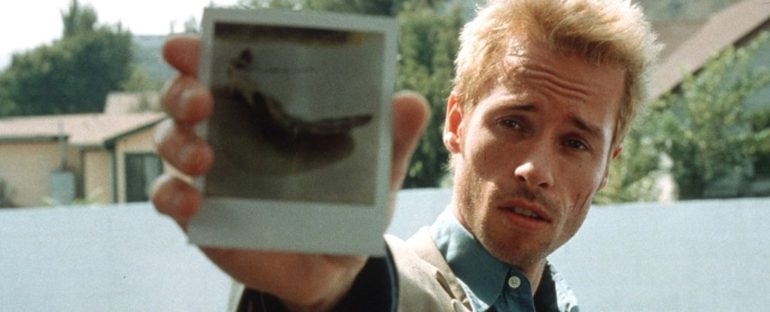Often we quarrel over an action which took place when all of us were present but we remember different versions of it. Our brain does the alteration of recollection for our benefit. Elizabeth F. Loftus, a well-known researcher of cognitive psychology has proved and confirmed this truth through her test of human subjects.
When asked by “Business Insider” Loftus also confirmed not only small fragments but a whole new false memory can also be inserted in human brain through the procedure of memory retrieval. Loftus and Julia Shaw confirmed success in 70% cases.
Study of This Phenomena Dates Back to Hundred Years Ago
According to Salvador Dali, like any false jewelry false memories appear more realistic. The research started following the footsteps of Hugo Munsterberg, President of American Psychology Association and Laboratory Chairman at Harvard. Munsterberg writes his experience of a case where a man without committing a murder takes charge of it. This happens during police interrogation; he becomes a victim of “involuntary elaboration of suggestion”. The man added more details each time he repeated the story, without realizing it is his imagination.
The Study Needed More Time
Munsterberg’s ideas were not enough justified at that time and the man was hanged a week later. Though Loftus said it is nearly impossible to distinguish whether someone is talking through false memories or not just by listening. Neuroscientists of South Korea through a test found out the detection can be made through the changing blood flow of separate areas in vain.
‘Fuzzy Trace Theory’Explanation
Charles Brainerd and Valerie F. Reyna invented the term and it is an explanation to Deese-Roediger-McDermott (DRM) paradigm. It involves giving people a list of words to remember like bed, sleep, yawn; they add related words like snooze or sleep very confidently, a memory that was not even there.
Different Type of Memories
Memories are of two types- Verbatim or detailed and Gist or fuzzy. As children grow their verbatim capacity increases but moving towards age brain thrives on gist memories. That’s why in word test subjects not only remembers all the words of list (verbatim) but also adds some related from gist.
Not to Worry about False Memories
We don’t realize but we get accustomed to gist, memorizing only the dotted lines which connect to make a fuzzy trace. It helps us to take better decisions of life, explained through Allais paradox problem by Maurice Allais. Gist shows how humans adapt to the environment around and compensates to verbatim.










